Roadside bomb explosions hit US supply convoys in central, southern Iraq
Multiple roadside bombs have separately gone off near convoys of trucks carrying equipment belonging to US occupation forces in Iraq’s central province of Babil as well as the southern provinces of Basra and Muthanna in the last 24 hours, but there were no immediate reports of casualties or damage.
Sabereen News, a Telegram news channel associated with Iraqi anti-terror Popular Mobilization Units (PMU), reported that an explosive device exploded while a convoy was passing along a highway in Babil province on Thursday afternoon.
Hours earlier, a bomb attack had targeted a logistics convoy of US forces close to the city of Basra, situated 550 kilometers (340 miles) south of the capital Baghdad.
On Wednesday evening, a blast took place when a US military convoy was moving on a highway near the city of Samawah, located 280 kilometers (174 miles) southeast of Baghdad. There was no information about casualties.
Another roadside bomb attack was reported on a US supply convoy in the central province of Babil. It left no military personnel injured.
No groups or individuals have claimed responsibility for the bomb attacks yet.
The attacks come as anti-American sentiments have been growing in Iraq since the assassination of Lieutenant General Qassem Soleimani, the commander of the Quds Force of Iran’s Islamic Revolution Guards Corps (IRGC), and his Iraqi trenchmate Abu Mahdi al-Muhandis, the second-in-command of Iraq’s Popular Mobilization Units (PMU), and their companions in a US drone strike authorized by former US President Donald Trump near Baghdad International Airport on January 3, 2020.
Two days after the attack, Iraqi lawmakers approved a bill that requires the government to end the presence of all foreign military forces led by the US in the country.
Both commanders were highly revered across the Middle East because of their key role in fighting the Daesh Takfiri terrorist group in the region, particularly in Iraq and Syria.
On January 8, 2020, the IRGC targeted the US-run Ain al-Asad in Iraq’s western province of Anbar by launching a volley of missiles in retaliation.
According to the Pentagon, more than 100 American forces suffered “traumatic brain injuries” during the counterstrike on the base.
Iran has described the missile attack on Ain al-Assad as a “first slap.”

Ayatollah Sistani offers condolences on passing of Pope, hails his role in promoting peace
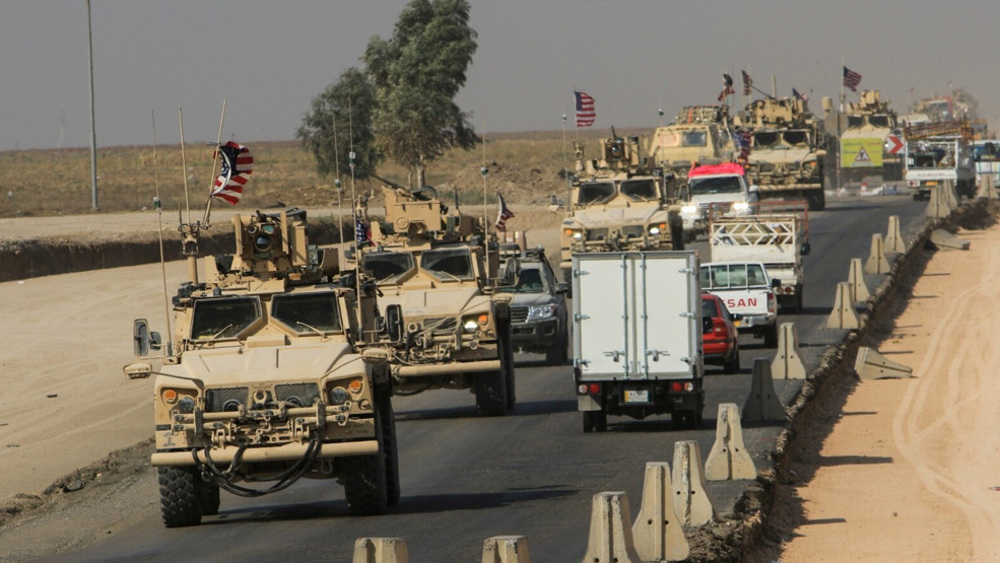
US arms convoys enter Iraqi Ain al-Asad base from Syria: Report
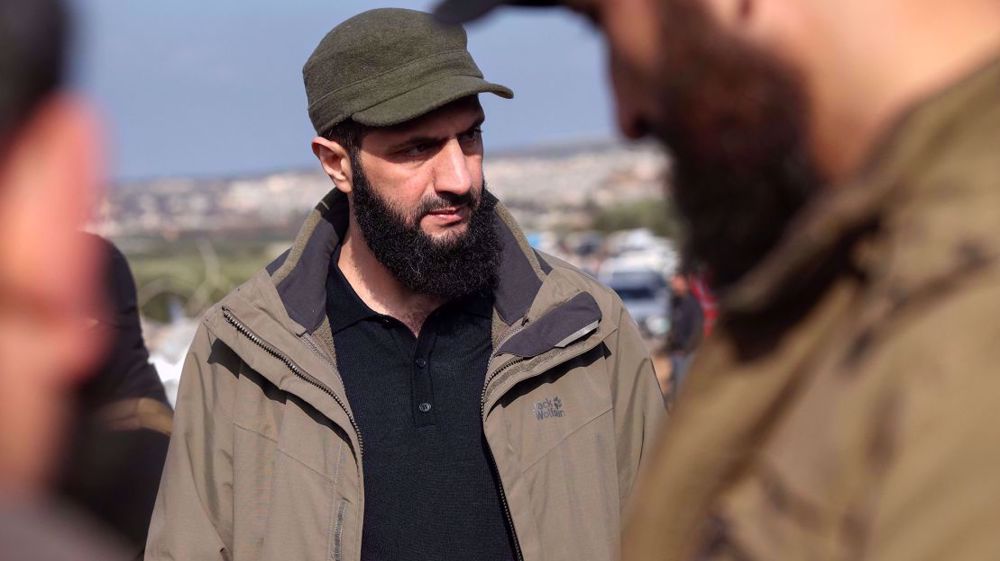
Syria’s self-proclaimed president can be arrested if he visits Baghdad: Iraqi figure
Ukraine may have to 'give up land' to Russia to secure peace: Kiev mayor
VIDEO | UN blasts Israeli settler deadly violence as settlers storm West Bank town, desecrate shrines
Lebanese parliament speaker rejects disarmament of Hezbollah amid Israeli aggression
China supports Iran’s peaceful nuclear program, diplomatic engagement: Envoy
Yemen vows payback as Saudis, Emiratis whisper dirty US plots in the dark
Oil Minister Paknejad: Russia to build nuclear plant in Iran with own funds
UAE deploys radar in Somalia to monitor Yemen’s anti-Israel strikes
Iran summons Dutch envoy over 'baseless' accusations against Tehran


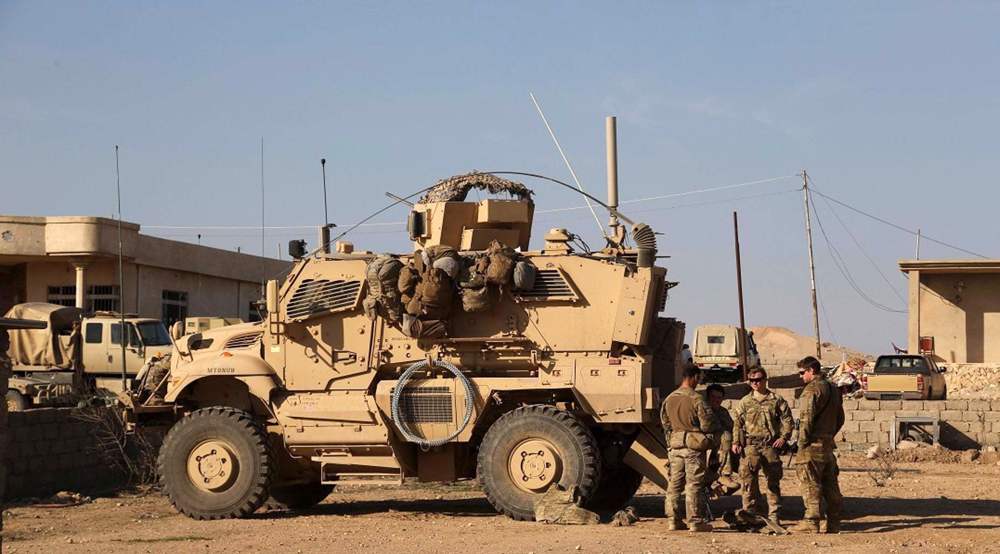
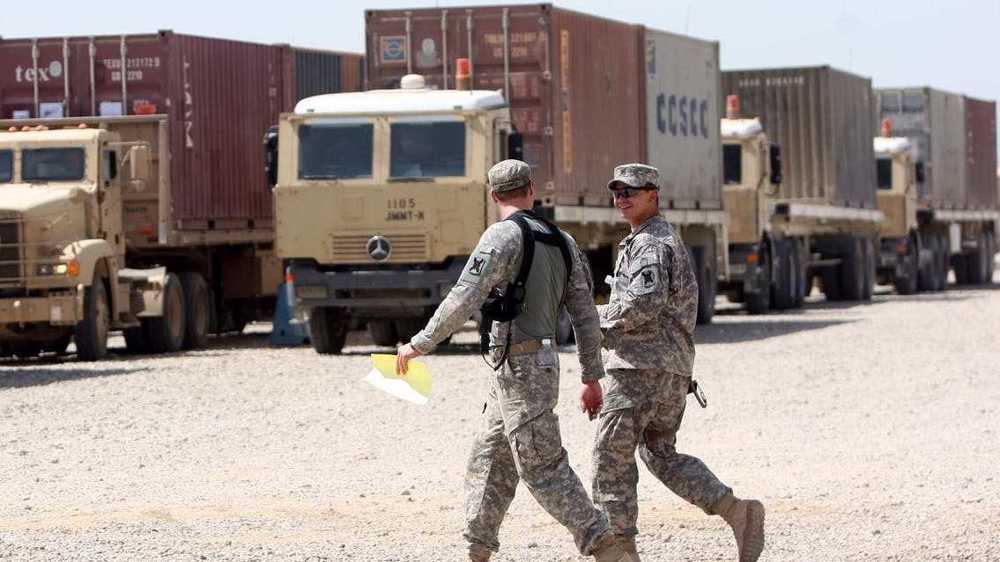
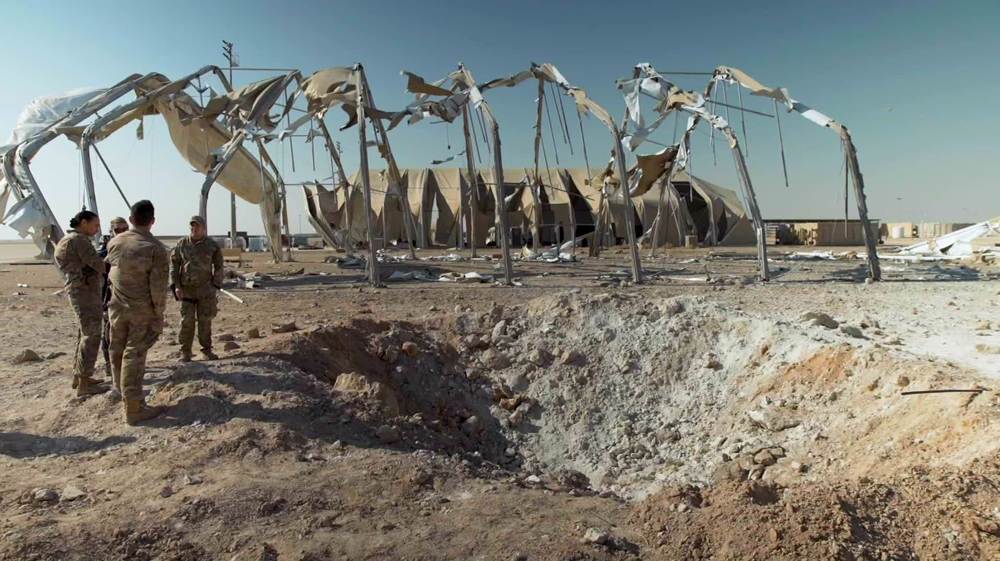



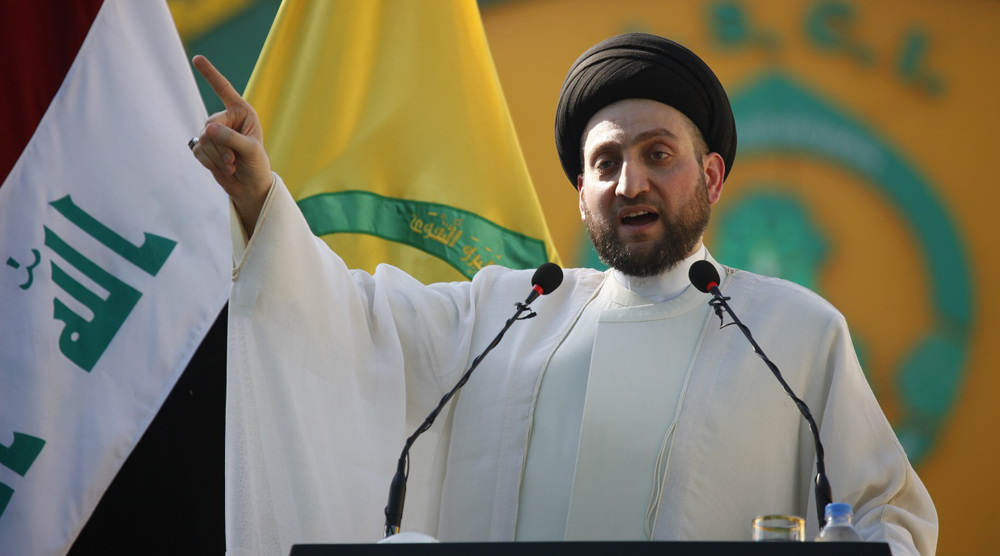
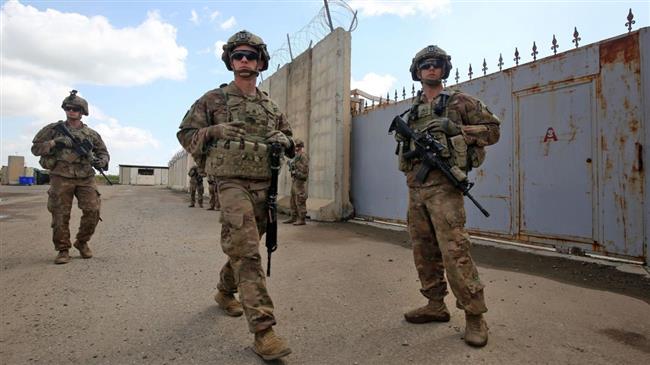
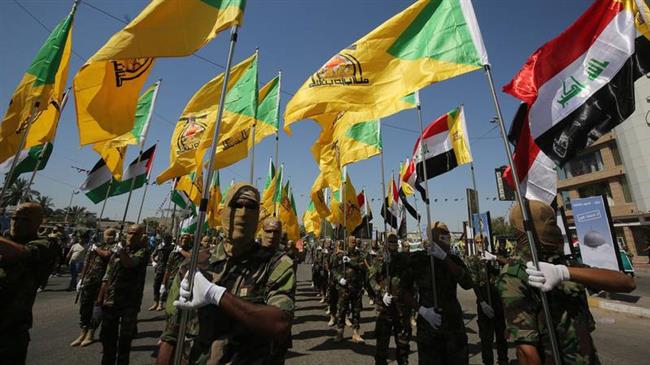
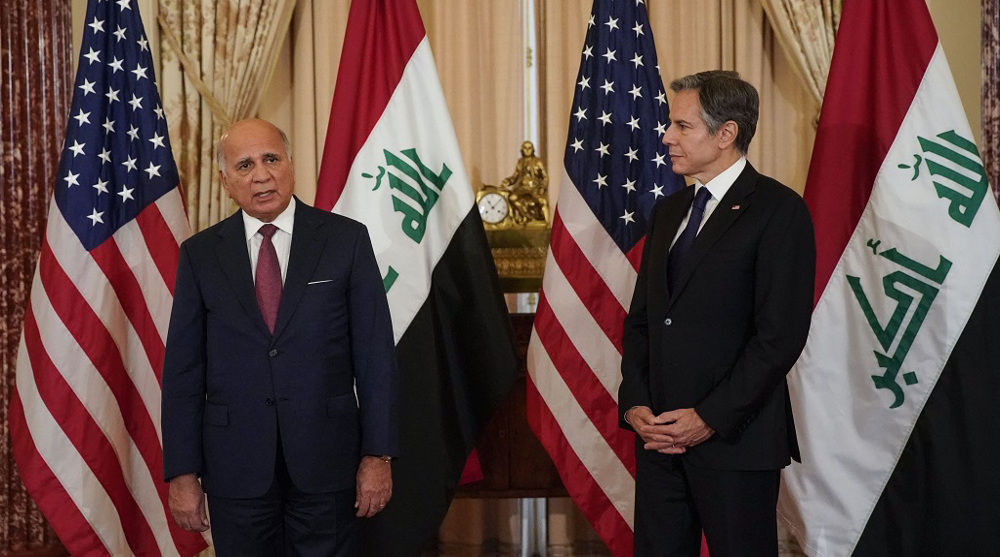
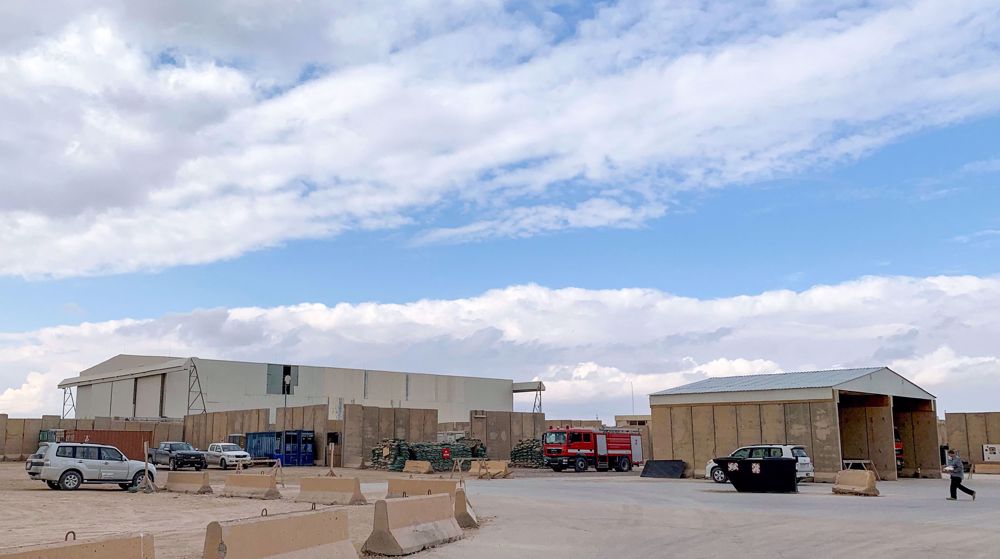
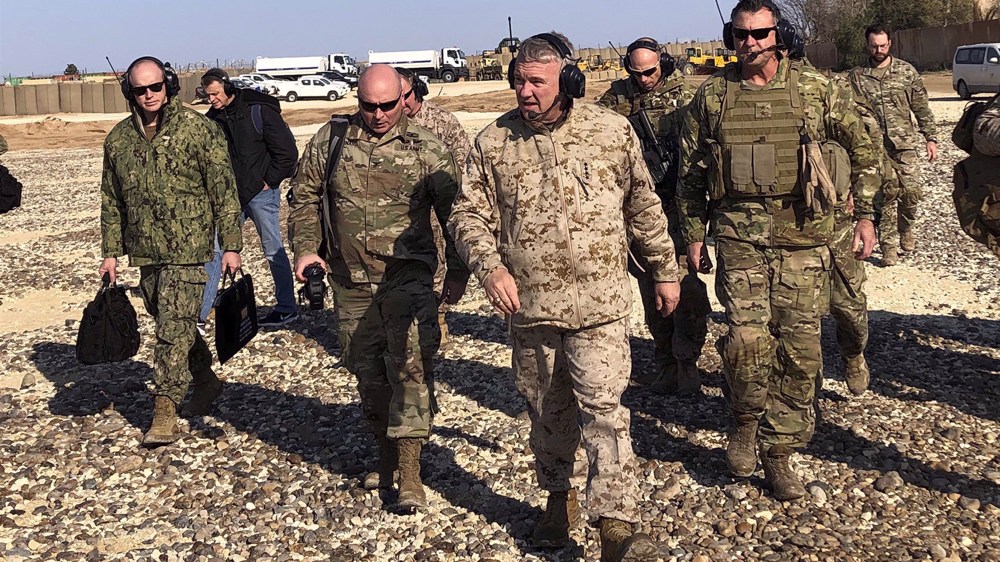


 This makes it easy to access the Press TV website
This makes it easy to access the Press TV website